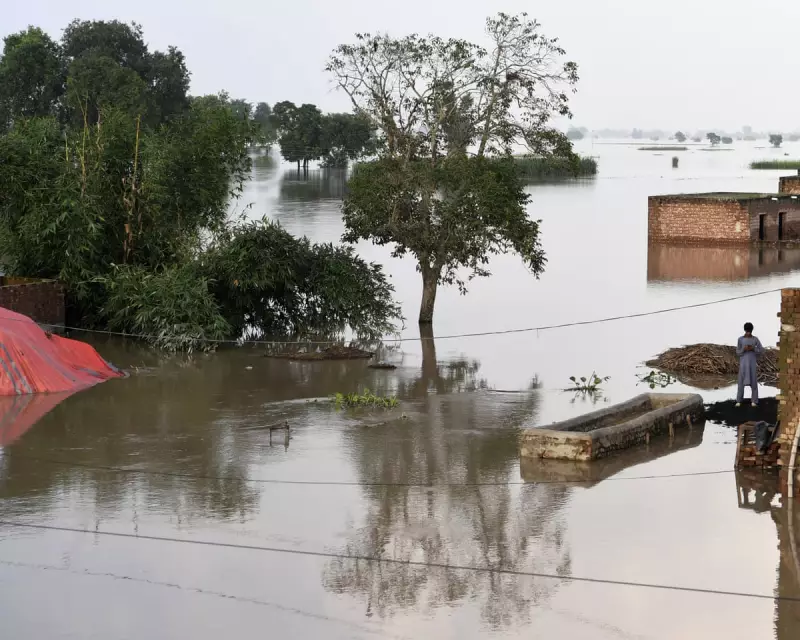
In a groundbreaking legal battle that could reshape climate accountability worldwide, Pakistani farming communities have announced plans to sue major German industrial polluters for their role in catastrophic flooding that destroyed livelihoods across the nation.
Unprecedented Climate Justice Case
The lawsuit, filed in German courts, represents one of the first instances where communities from the Global South are directly seeking compensation from corporations in the Global North for climate-related damages. The case centres on the devastating 2022 floods that submerged a third of Pakistan, claiming over 1,700 lives and displacing millions.
The Human Cost of Emissions
Farmers from Punjab and Sindh provinces argue that emissions from German energy and manufacturing giants directly contributed to the extreme weather events that wiped out their crops, livestock, and homes. This legal action challenges the traditional boundaries of corporate responsibility, pushing for polluters to be held financially accountable for climate impacts thousands of miles away.
Scientific Evidence Links Emissions to Disaster
Climate attribution science forms the backbone of their case. Recent studies have demonstrated that climate change made the 2022 Pakistan floods significantly more likely and intense. The plaintiffs' legal team will present evidence connecting specific corporate emissions to the atmospheric changes that supercharged the monsoon rains.
German Corporations in the Crosshairs
While the specific companies haven't been publicly named, the lawsuit targets major players in Germany's industrial sector known for substantial historical emissions. The case follows the template of successful climate litigation in European courts, where companies like RWE have faced increasing pressure over their climate impacts.
A Watershed Moment for Climate Justice
Legal experts are calling this case a potential turning point in environmental law. If successful, it could open floodgates for similar claims from climate-vulnerable communities worldwide, fundamentally changing how corporations account for the global impacts of their emissions.
The outcome could establish crucial legal precedents about corporate responsibility for transboundary climate harms and potentially redistribute the costs of climate adaptation and recovery from developing nations to historical polluters.





